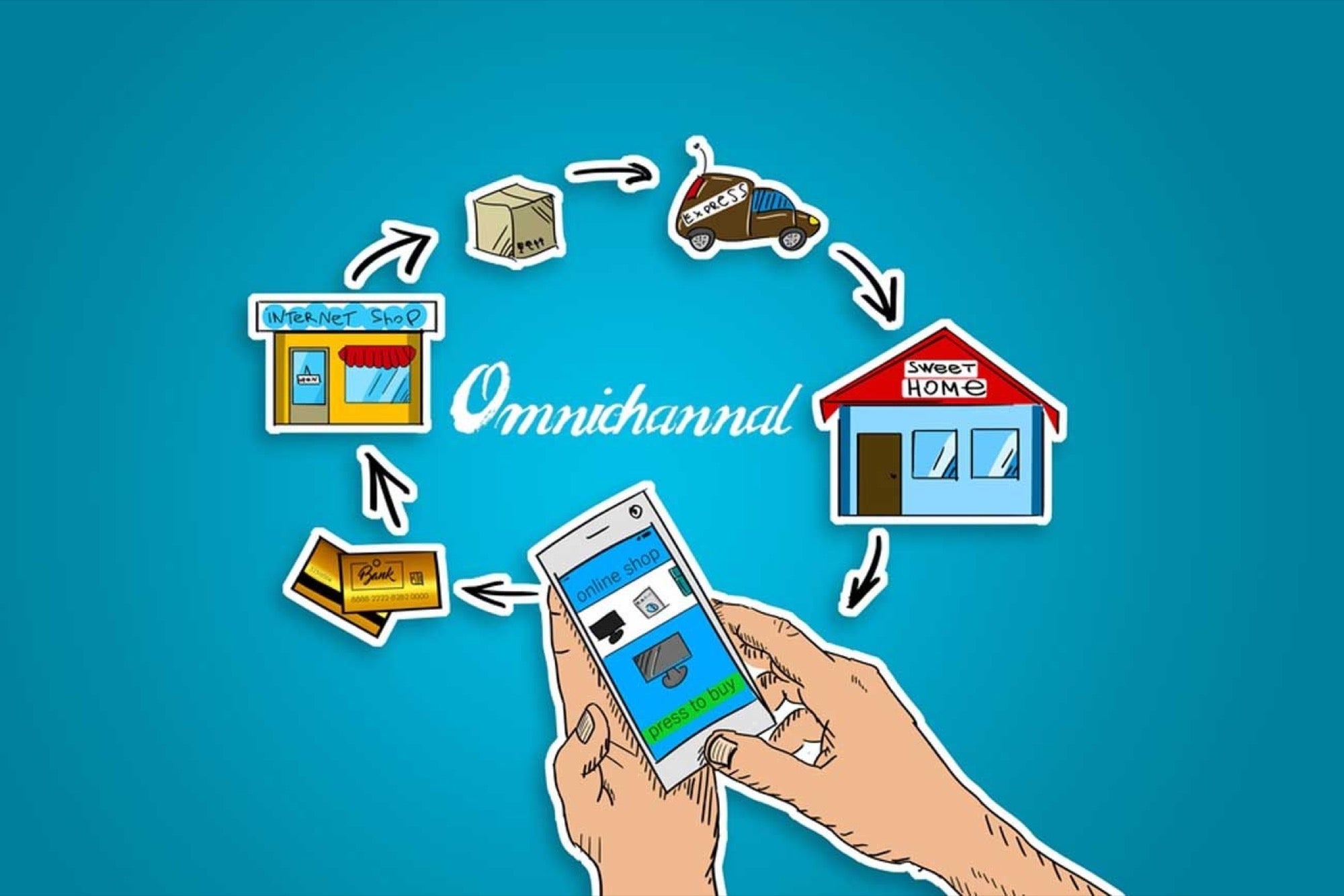Here is Why Retailers are Embracing Omnichannel Marketing in a Big Way This strategic vision is going to drive omnichannel marketing in India in years ahead as sellers try to understand consumers' shopping habits and preferences
By Ravi Saxena
Opinions expressed by Entrepreneur contributors are their own.
You're reading Entrepreneur India, an international franchise of Entrepreneur Media.

As technology advances, the difference between online and offline marketing is blurring. Now you can buy a Kitchen Chimney, Juicer, Food processor etc. from a store, or place an order for the same at an e-commerce website. You can place the order on your laptop or your mobile handset.
You can choose to get your product delivered to your home or pick it up from a nearby store. You can also interact with sellers on social media and chat with their customer care staff through messenger on their websites.
In India, retailers are increasingly adopting a multi-channel marketing strategy to increase their visibility and keep customers engaged. However, selling products through multiple channels is not the same as omnichannel marketing, which is a more advanced concept that aims at providing a seamless experience of shopping to customers across channels and building a brand.
Both strategies focus on the use of multiple channels to keep customers engaged but the multichannel strategy may not have the depth and the level of integration necessary for omnichannel marketing.
The Multichannel Business Model
In a multichannel business model, online and offline channels operate in a compartmentalised manner, with little coordination between them. While sellers use different platforms to interact with customers, shoppers' experience could vary from channel to channel.
A multichannel model envisages creating different channels to reach out to customers and may not always customise the communication strategy for each platform.
Quick-paced digitisation, the popularity of mobile phones, and e-commerce are together changing India's retail landscape. Retailers do not want to be left behind in this race to capture shoppers' imagination and win their loyalty.
In India, multichannel marketing has evolved in tandem with e-commerce. As customers started loving the convenience of shopping from their desktop and mobile handsets, retailers were forced to build an online presence. The e-commerce market is no longer limited to big metros. Today Tier 2 and 3 cities account for more than 40% of online shoppers. To stay ahead of the competition, brick-and-mortar retailers also sell online.
Omnichannel Compared to Multichannel
In comparison, omnichannel marketing is a newer concept. With over 1 billion population and an expanding middle class, India is one of the world's most lucrative retail markets. India's retail industry is projected to grow from $600 billion in 2015 to $1 trillion by 2020.
India is Asia's fastest-growing e-commerce market with a compounded annual growth rate (CAGR) of 44%, much higher than the overall 28% CAGR for the region. E-commerce sales in India are projected to reach $70 billion by 2019 and account for nearly 30% of the country's organised retail sales.
Majority of online buyers (nearly 39%) belong to the age group of 25 to 34, according to a recent report from Forrester, a global research and advisory firm. The report has also revealed that 37% of the online audience across the Asia Pacific were in the age group of 15 to 24. Data clearly underline the significance of Gen Y and millennial for retailers.
Conclusion
In India, the consumer behaviour is changing fast. Nearly 29% of that sample in Forrester Research's Indian Consumer Techno graphics Survey 2016 stated that they buy or order product and services online at least once a month and nearly 22% said they buy products every week. Companies are increasingly adopting omnichannel marketing to provide a seamless experience to differentiate their brands.
Doug McMillon, CEO, Walmart famously said, "I want us to stop talking about digital and physical retail as if they are two separate things. The customer doesn't think of it that way, and we can't either."
This strategic vision is going to drive omnichannel marketing in India in years ahead as sellers try to understand consumers' shopping habits and preferences.










